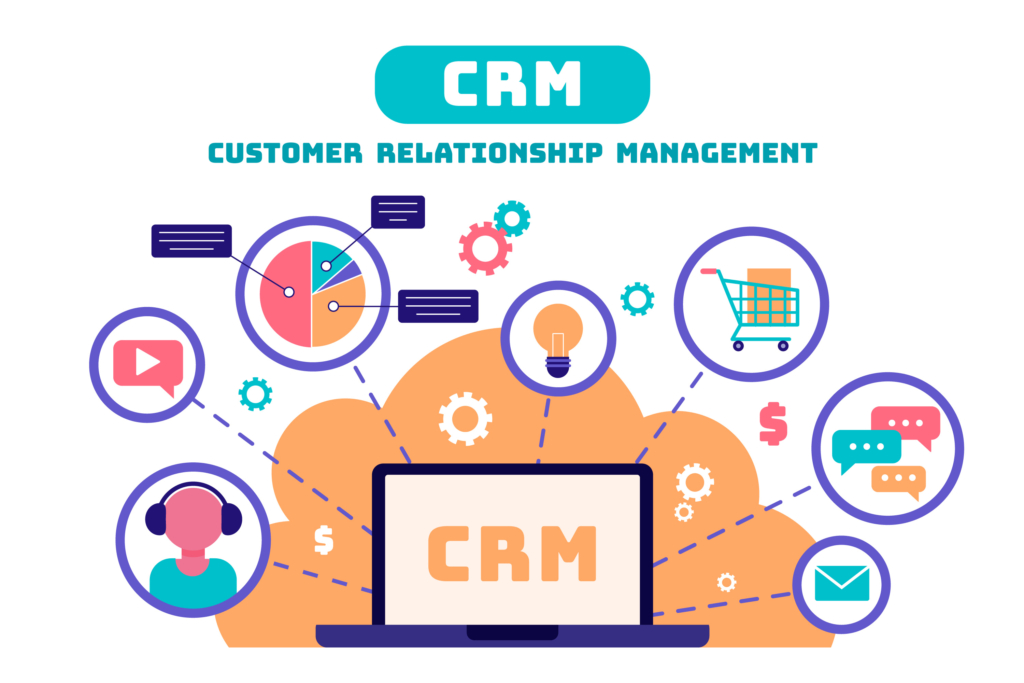How To Choose the Best CRM Software: 8 Key Buying Considerations
 Customer relationship management (CRM) software serves as the backbone enabling sales, marketing and service teams to align around the customer lifecycle – from first touch to retention. Yet with over 200 core solutions on the market, identifying the ideal platform proving flexible enough to scale across key requirements presents obstacles for growing organisations.
Customer relationship management (CRM) software serves as the backbone enabling sales, marketing and service teams to align around the customer lifecycle – from first touch to retention. Yet with over 200 core solutions on the market, identifying the ideal platform proving flexible enough to scale across key requirements presents obstacles for growing organisations.
Follow this comprehensive framework covering 8 essential buying criteria to evaluate when determining the best CRM software tailored to your unique workflows and commercial objectives:
- Sales Functionality Strengths
Assess available opportunity tracking, pipeline dashboards, bulk email integration and mobile access capabilities through product demos mapping to daily sales representative workflows. Prioritise must-have tools needed to execute processes smoothly.
- Marketing Automation Configurability
Document required campaign creation flexibility, lead scoring provisions, landing page builders, email deliverability tracking and multi-channel analytic needs essential for alignment to the current marech stack.
- Service Case Management Capabilities
Analyse strengths of ticketing modules, SLAs monitoring, knowledge base support and field technician mobile access measuring up to the level of complexity within customer support operations currently.
- Data Model Customisation Layers
Custom fields, editable workflows and configurable interface options address more tailored requirements so platforms morph to specific commercial environments rather than the inverse. Assess ease of enhancement.
- Intuitive UX Design
Simpler interfaces drive user adoption essential for change management success. Catalogue capabilities through demos but test personally alongside reps for optimal perspective on navigation experiences meeting team tool acceptance criteria.
- Analytics & Reporting Scope
Robust tailored reporting, model predictive outcomes via machine learning and leverage visualisation tools charting campaign effectiveness metrics and sales forecasts quickly conveying data insights.
- Infrastructure Reliability & Security
Vet vendor SLA commitments, redundancy provisions and compliance to security, data protection and privacy decrees building confidence in uptime and IP safety for essential customer data accessed daily.
- Commercials Model & Implementation Plan
Understand all recurring costs post-deployment factored over 3+ years. Also assess services provided across planning, onboarding, training and go-live support mapped to internal change impact forecasts influencing rollout success.
While mastery of the above proves challenging amid Market pressures, taking time to align selections to both immediate and emerging needs positions organisations for executing coordinated customer experiences well into the future.
At Ballards LLP we are experienced in providing support for choosing the best CRM system for your business and so get in touch with Sean Devlin on sean.devlin@ballardsllp.com for more information.
Disclaimer. This article has been prepared for information purposes only. Formal professional advice is strongly recommended before making decisions on the topics discussed in this release. No responsibility for any loss to any person acting, or not acting, as a result of this release can be accepted by us, or any person affiliated with us.
